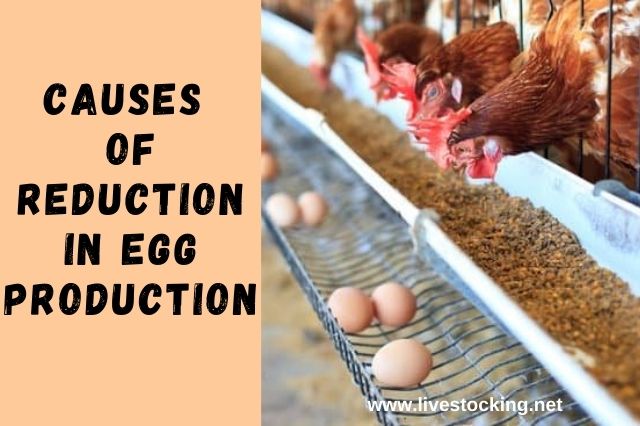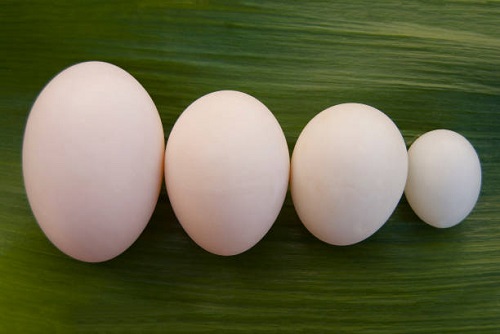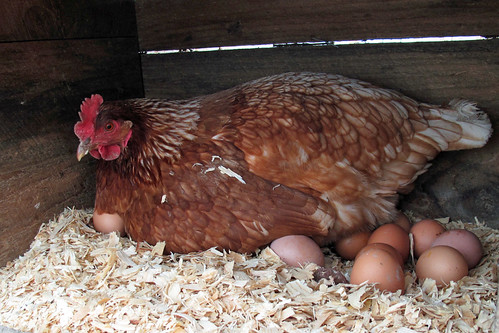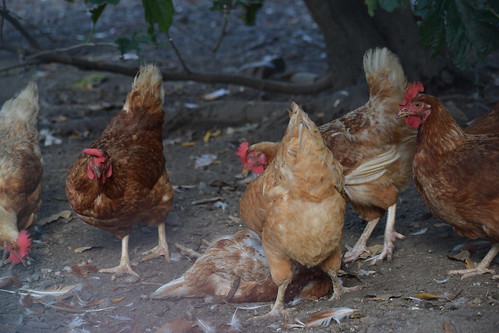It is obvious that poultry farming has become so popular in different parts of the world. It is a promising agribusiness enterprise, but poultry farmers must equip themselves with the right poultry farming information to optimize their yields. I want you to know that poultry farming is a bit tricky. Poultry farmers are faced with many challenges, but disease outbreaks are the most dreaded problem.
There are times when everything is going right but you may observe that your birds’ daily egg production is reducing. This is a very serious issue that shouldn’t be taken with levity because it affects profits.
Normally, a healthy hen starts laying eggs at 18-22 weeks of age and such hen should peak her egg production at about 6-8 weeks later. If there is a drastic change in this expected egg production peak, then something is responsible. The various factors that cause a decline or reduction in egg production and the possible fixes or solutions will be discussed in this article.
Causes of Egg Production in Poultry Production
1. Stress and Change
These two are one of the primary reasons for a drop in egg production. Most laying chickens are usually affected by sudden changes in their usual pattern such as a change of pen or nesting box’s position usually throws layers off-balance, hence reducing their egg production. Therefore, poultry farmers should avoid handling or move their birds as soon as they start laying eggs.
2. Removal of Roosters or Introduction of New Birds into the Flock
If you introduce a totally new chicken into your flock or remove the roosters from a particular flock, you’re actually giving the layers an impression that their keeper is up to something (a sort of coup d’é·tat). So you should avoid this wherever possible.
3. Overcrowding, Change in Weather, Feed Composition and Time of Feeding
When you overstock, when the weather changes or when there is a change in feed composition or the time you normally feed laying chickens, then expect a reduction in egg production. Poultry farmers should look out for drastic changes in temperature like too hot or cold conditions in pens or nesting boxes. In this case, the litter lining of the litter should be changed every day. Likewise, avoid any sudden change in the time you feed your laying birds and avoid changing their feed composition unnecessarily.
4. Noise and Decreased Lighting
Birds are always frightened by noises or the sight of predators. It is obvious that hens don’t want any other form of noise except the loud characteristic cooing noise made when they are about to lay. Additionally, decreased time of lighting adversely affects the perceived day length by hens. Scientifically, egg production is affected by the length of exposure to daylight. This means that increased lighting stimulates egg production. Laying hens should enjoy adequate lighting for at least 14-16 hours.
5. Poor or Unbalanced Diet
Improper diet detrimentally affects egg production. Hens need energy, protein and calcium-rich diets. Don’t allow these three nutrients to be lacking in the feed of your laying birds. Also, they should be provided with a nutritionally balanced feed. You may also add egg production boosters to the drinking water. These boosters contain necessary minerals and amino-acids required during the laying period.
6. Broodiness
Broodiness often triggers a decrease in egg production. Exhibiting broodiness is normal in laying hens and it is an innate condition. However, this behavior can be discouraged by increasing artificial lighting in the laying pen.
7. Diseases and Parasitism
When laying hens are disturbed by parasites such as worms or diseases such as Newcastle Disease, their egg production is often affected. If you noticed a drop in egg production, try to see if the birds are healthy or have been infected with diseases, and take the necessary step after. Deworm your birds regularly and dust them to get rid of ectoparasites such as lice and fleas.
As the egg production performance of your flock improves, your profits will also improve. This is the reason why you must take action whenever you notice a decline in your flock’s egg production.




My birds have stopped laying after 4 months of laying and I can’t still figure why
How do I identify lice on the body of my birds.
To identify lice on birds, you can check around your bird’s eyes and beak for any crusty looking area. You can also look for small, brownish colored insects that can be seen traveling through your bird’s feathers.
Thank you for the good work.
Please give your what’s up contact.
I have a lot to share with you
https://www.livestocking.net/contact